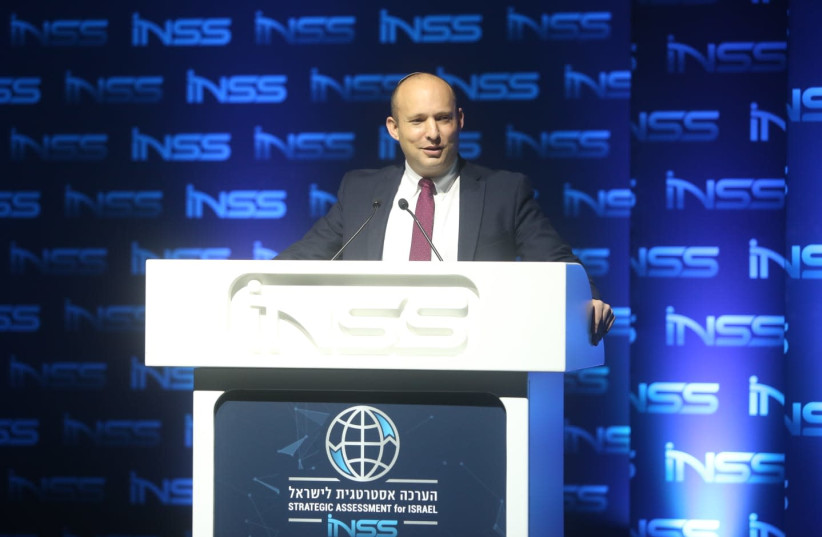Maj.-Gen. (res.) Tamir Hayman, formerly the head of the IDF's Military Intelligence Directorate, was appointed on Wednesday managing director of the Institute for National Security Studies (INSS).
Hayman will replace retiring deputy director Brig.-Gen. (res.) Udi Dekel, who served as head of the IDF's Planning Directorate and as the institute's director for a decade.
Hayman's military experience, specifically in research and intelligence, will help increase the INSS' influence in shaping future Israeli security policy, the institute said.
Hayman was drafted to the Israeli military's Armored Corps in 1987. After becoming an officer, he led several units within the Armored Corps before becoming commander of the 36th Division, also known as the Ga'ash Formation. He became head of the Military Intelligence Directorate in 2018. During his tenure, he was involved in the raid in Khan Younis where Lt.-Col. Mahmoud Kheir El-Din was killed.
"I am delighted to welcome another senior figure to INSS," chairman of the board of directors Sir Frank Lowy said.
INSS is an Israeli think-tank and research institute which focuses on security and military and strategic affairs in the Middle East, as well as cyber warfare.

"Hayman's extensive military and intelligence experience will prove to be a significant addition to INSS," he added. "He will lead its research activity with professionalism and excellence."
Hayman is "looking forward to being part of the revolution," the former IDF general said.
"I see great value in research aimed at influencing policy, and welcome that the multidisciplinary task-oriented research concept that we utilized in the Military Intelligence Directorate is also used at INSS."
